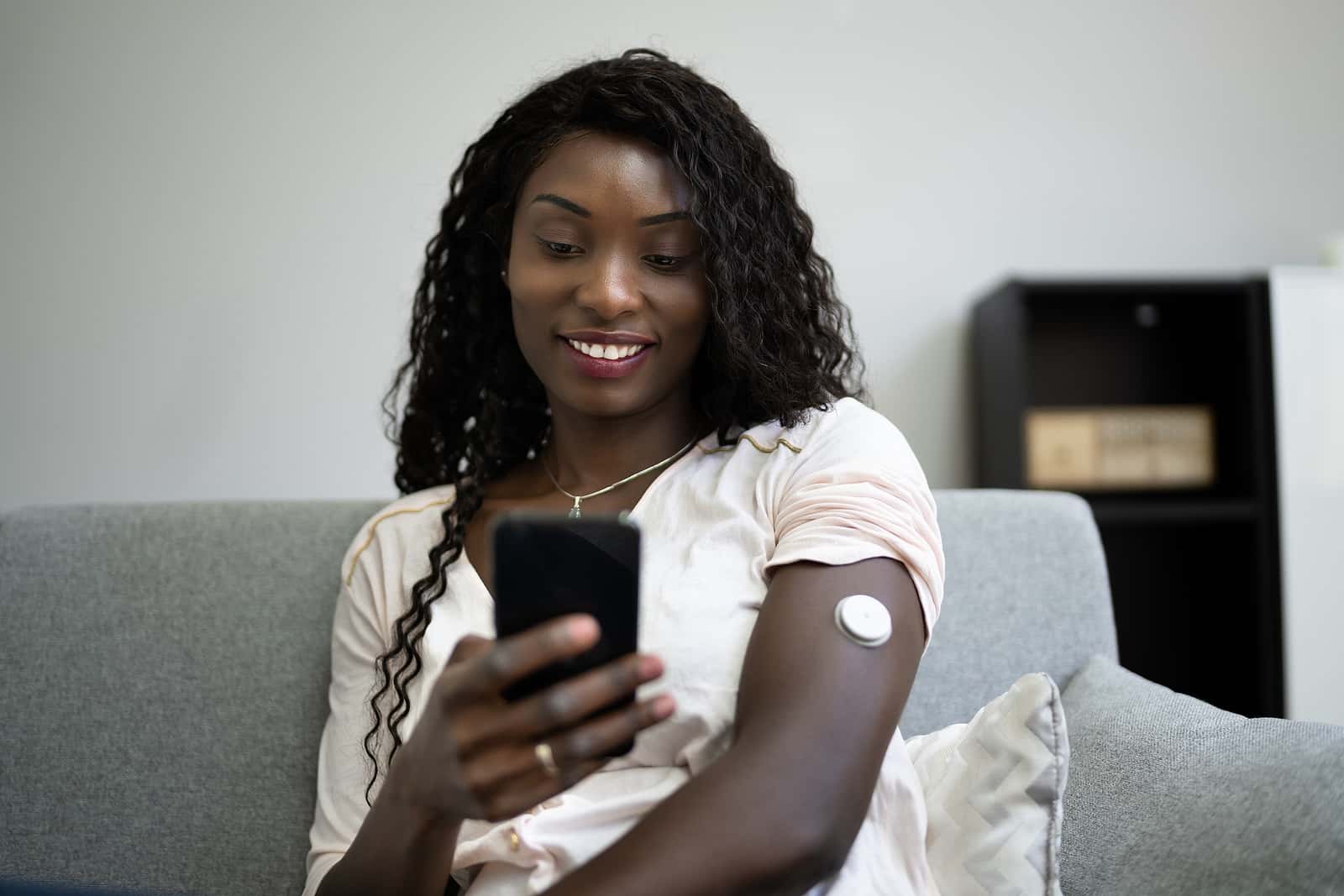
Our bodies work hard to keep blood sugar within normal limits. When we eat, digestion turns our food into sugar. Every cell derives its energy from the sugar carried in the circulation. As blood glucose (another name for blood sugar) rises, the pancreas starts pumping out insulin to facilitate this energy transfer. Sugar can’t get into cells without insulin. Usually the dance between the gut, the pancreas and the brain maintains blood glucose levels above 70 mg/dL and below 200 mg/dL after eating. But occasionally the insulin response to food is so strong that it drives blood sugar levels down below 70, and people may experience symptoms such as shakiness, dizziness, sweating, palpitations and confusion. What can you do about such reactive hypoglycemia?
Treatments for Reactive Hypoglycemia:
Q. Are there any new treatments for me? Reactive hypoglycemia (RH) has been an issue for five decades. It’s getting worse as I age.
I monitor what and when I eat closely. My diet is low in carbohydrate (45-60 grams/day), and I keep a low-sugar protein drink available at night. I pay for a continuous glucose monitor out of pocket. (Insurance won’t cover it since I’m not diabetic.) This has been a lifesaver since I have low blood sugar events several nights a month or sometimes shortly after getting up. Even when my diet is clean, I can have a spate of three to six alarms for a few nights in a row.
I haven’t had much luck with dietitians or endocrinologists. Most had never treated someone with RH since it’s considered rare. My current GP even thanked me for educating her.
Is there any information to make life easier besides watching what I eat, which was my last dietitian’s suggestion?
What’s Behind Reactive Hypoglycemia?
A. Reactive hypoglycemia happens when blood sugar drops below normal levels (70 mg/dL) two to four hours after eating. Most often, people with RH also have diabetes and may be administering too much insulin for the meal. In that case, adjusting the insulin dose would help, but that isn’t relevant for you since you don’t have diabetes.
People who have had weight-loss surgery such as gastric bypass may also experience RH (Diabetes Care, Dec. 1, 2023). These individuals may be able to control their RH by giving themselves an injection of dasiglucagon. Unfortunately, that won’t help you either, since you have had this condition for so long and it didn’t arise after bariatric surgery.
Once all those causes are ruled out, you are left with a body that simply overreacts to exercise or a meal that is high in carbs, especially sugar. Symptoms of RH may include lightheadedness, brain fog, dizziness, weakness, fatigue, sweating, rapid pulse, nausea and anxiety. Doctors do not understand what causes this condition, though they suspect that excess insulin production may contribute. Have your physician check for adrenal gland or pancreatic disorders, such as insulinoma.
Nocturnal hypoglycemia occurs when blood sugar drops at night. Wearing a continuous glucose monitor is an excellent strategy because it will alert you to both high and low blood glucose levels (Endocrinology, Diabetes & Metabolism Case Reports, Sep. 28, 2023).
Lifestyle Changes That May Help:
We don’t blame you for feeling frustrated with the dietary advice you’re already following. That is all we can find to help you, though. Avoid alcohol in the evening and don’t exercise late in the day. Do not skip supper, and continue focusing on low-carb meals. Eating a healthy, high-fiber snack such as a handful of almonds before bed may help. Keeping a high-protein drink handy also makes sense.
We invite others who have experience with this problem to share their solutions in the comments.
Citations
- Nielsen CK et al, "Dasiglucagon treatment for postprandial hypoglycemia after gastric bypass: A randomized, double-blind, placebo-controlled trial." Diabetes Care, Dec. 1, 2023. DOI: 10.2337/dc23-1193
- Nakajima R et al, "Continuous glucose monitoring in a patient with insulinoma presenting with unawareness of postprandial hypoglycemia." Endocrinology, Diabetes & Metabolism Case Reports, Sep. 28, 2023. DOI: 10.1530/EDM-23-0056

